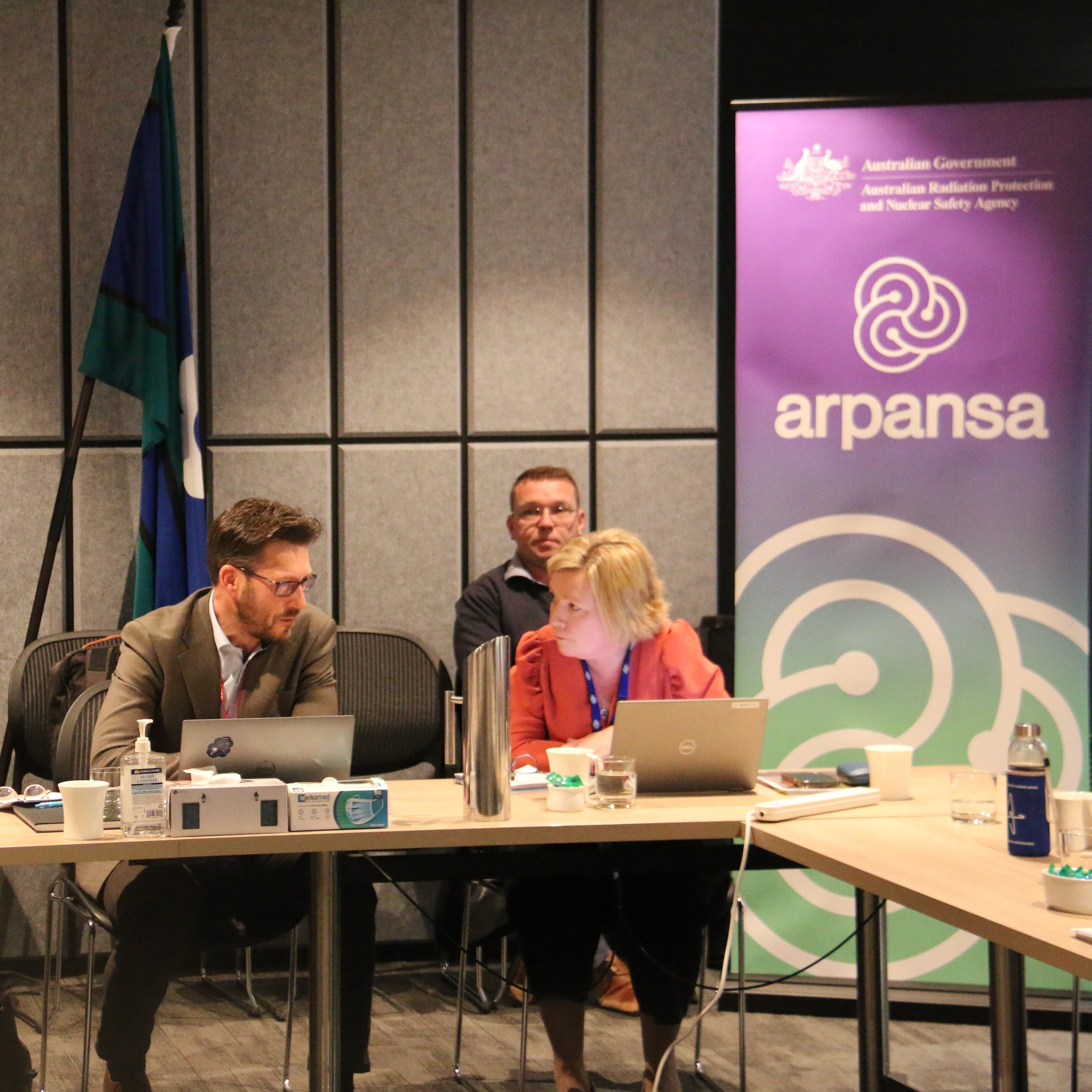-
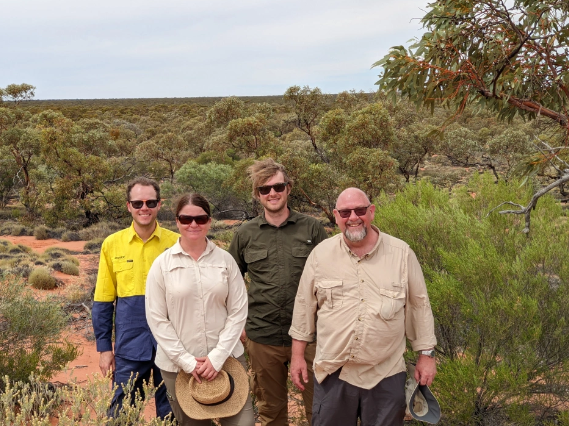
Rehabilitation of Australian nuclear test site features in international guide
Rehabilitation of the historical nuclear test site at Maralinga, South Australia is being featured in a report on radiation protection in areas contaminated by past radiation incidents. -

ARPANSA approves siting licence for ASA Controlled Industrial Facility
ARPANSA has issued a licence to the Australian Submarine Agency to prepare a site for the prescribed radiation facility known as the ‘Controlled Industrial Facility’. -
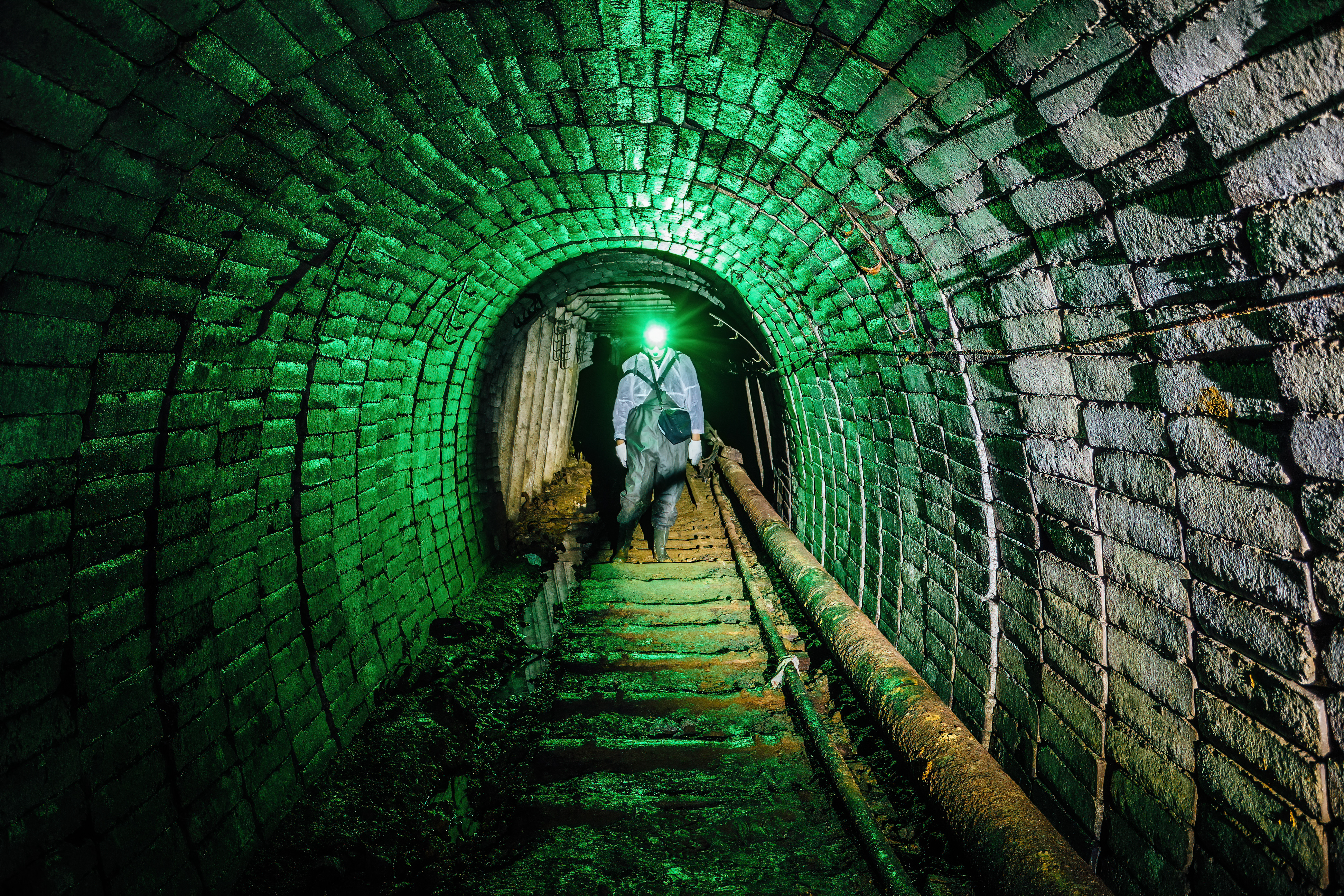
New data shows occupational exposure to radiation is well below safety limit
Australian dose records from 2021 - 2022 show that occupational exposure to ionising radiation is well below the safety limit. -

Calling cosmetic providers to participate in health study
ARPANSA and Monash University are seeking service providers to encourage their customers to participate in a study on health impacts of non-ionising radiation cosmetic treatments, such as laser hair removal. -
ARPANSA welcomes IAEA mission report
The International Atomic Energy Agency has acknowledged Australia’s commitment to nuclear safety in a report published in June. -
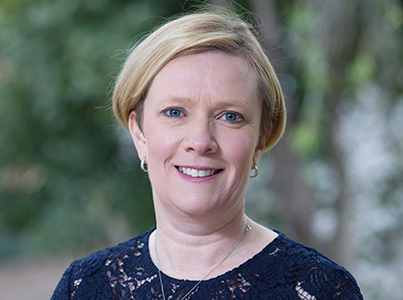
ARPANSA CEO receives King’s Birthday honours
Congratulations to ARPANSA CEO Dr Gillian Hirth AO who was appointed an Officer of the Order of Australia on Monday 10 June 2024. -

Australia contributes to key UN radiation exposure reports
Australian Radiation Protection and Nuclear Safety Agency experts contributed to two reports on radiation exposure and health effects that were approved by the United Nations Scientific Committee on the Effects of Atomic Radiation. -

Review finds radio waves from mobile phones do not affect cognition
A World Health Organization commissioned systematic review finds that radio wave exposure from mobile phones does not affect learning, memory, attention span and other cognitive functions like coordination. -
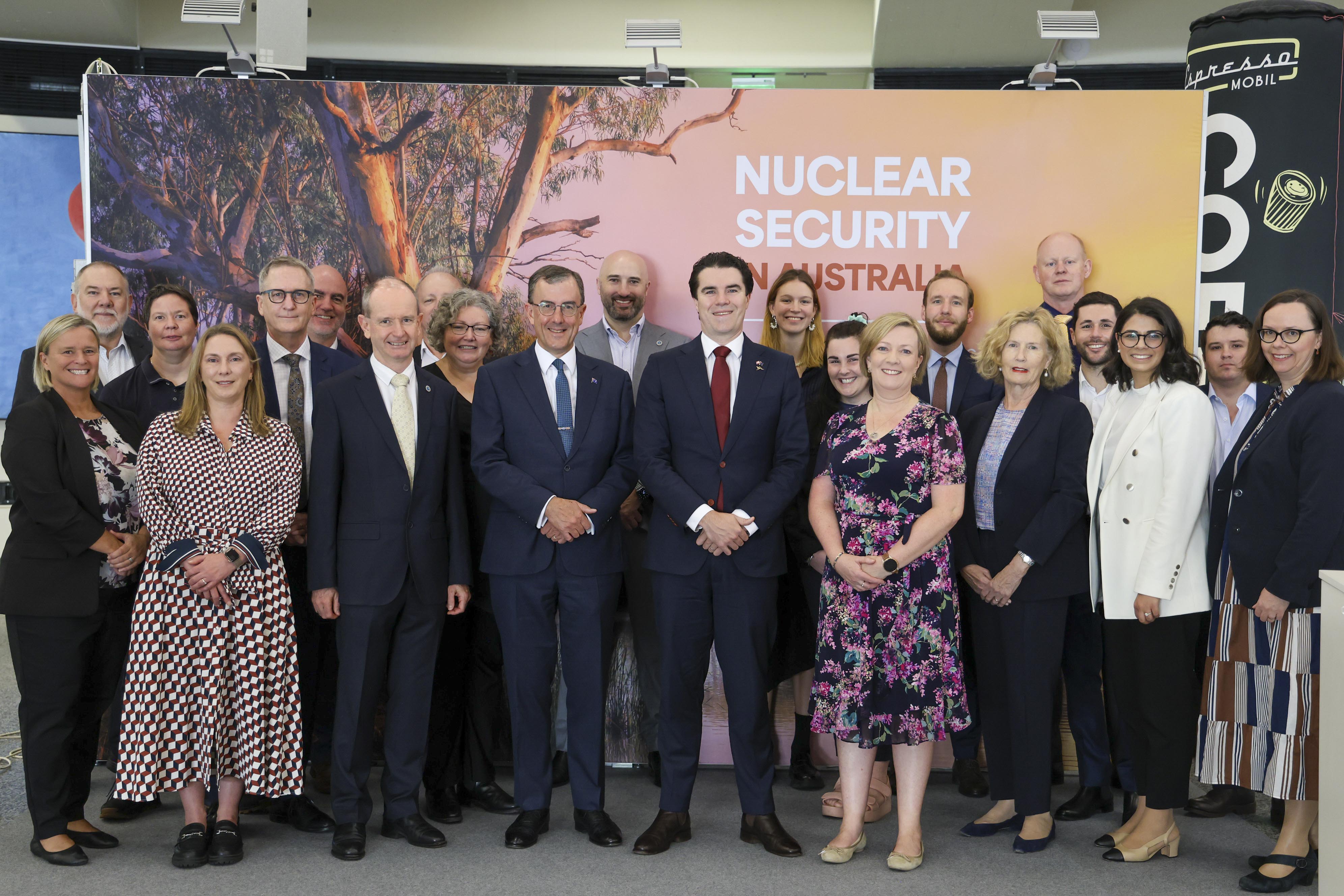
Shaping the future of nuclear security
Australia joined with Kazakhstan to co-host the International Conference on Nuclear Security in Vienna on 20 to 24 May 2024. -
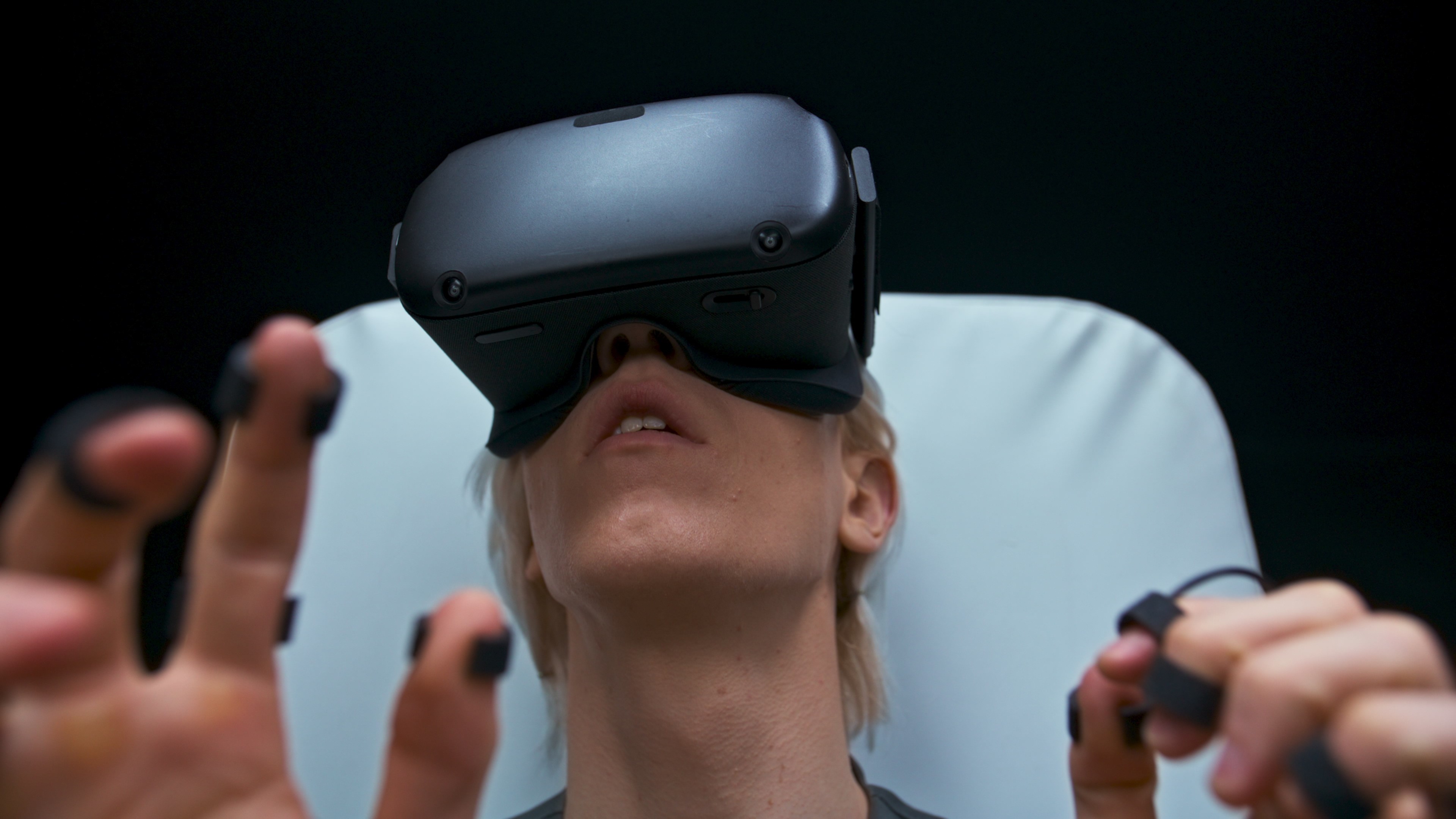
More research needed on airborne ultrasound health effects
Airborne ultrasound exposure guidelines from 1984 are being revisited by the International Commission on Non-Ionizing Radiation Protection due to their use in emerging technology. -

New regulatory portal and human factors feature at forum
Australian Radiation Protection and Nuclear Safety Agency licence holders came together on 2-3 May to discuss proactive safety monitoring and improvements in regulatory practice. -

Notice of intention to make a decision on a facility licence
As required by subsection 48(2) of the Australian Radiation Protection and Nuclear Safety Regulations 2018, the CEO of ARPANSA gives notice that she intends to make a decision under section 32 of the Australian Radiation Protection and Nuclear Safety Act 1998. -

Australia supports nuclear and radiological security in the Asia Pacific
Australian Government agencies hosted an International Atomic Energy Agency workshop on nuclear and radiological security in Melbourne in April 2024. -

Improving global nuclear emergency management
ARPANSA’s emergency management experts have coordinated Australia’s participation in an international nuclear emergency recovery exercise. -
Melbourne radio wave exposure consistent over time
Environmental exposure to radio waves from wireless technology has not changed significantly in Melbourne over the last decade, a study led by scientists at the Australian Radiation Protection and Nuclear Safety Agency finds. -

In the dark on blue light
Evidence that blue light from devices like mobile phones causes sleep disturbance is still unclear, with more research needed says the International Commission on Non-Ionizing Radiation Protection (ICNIRP). -
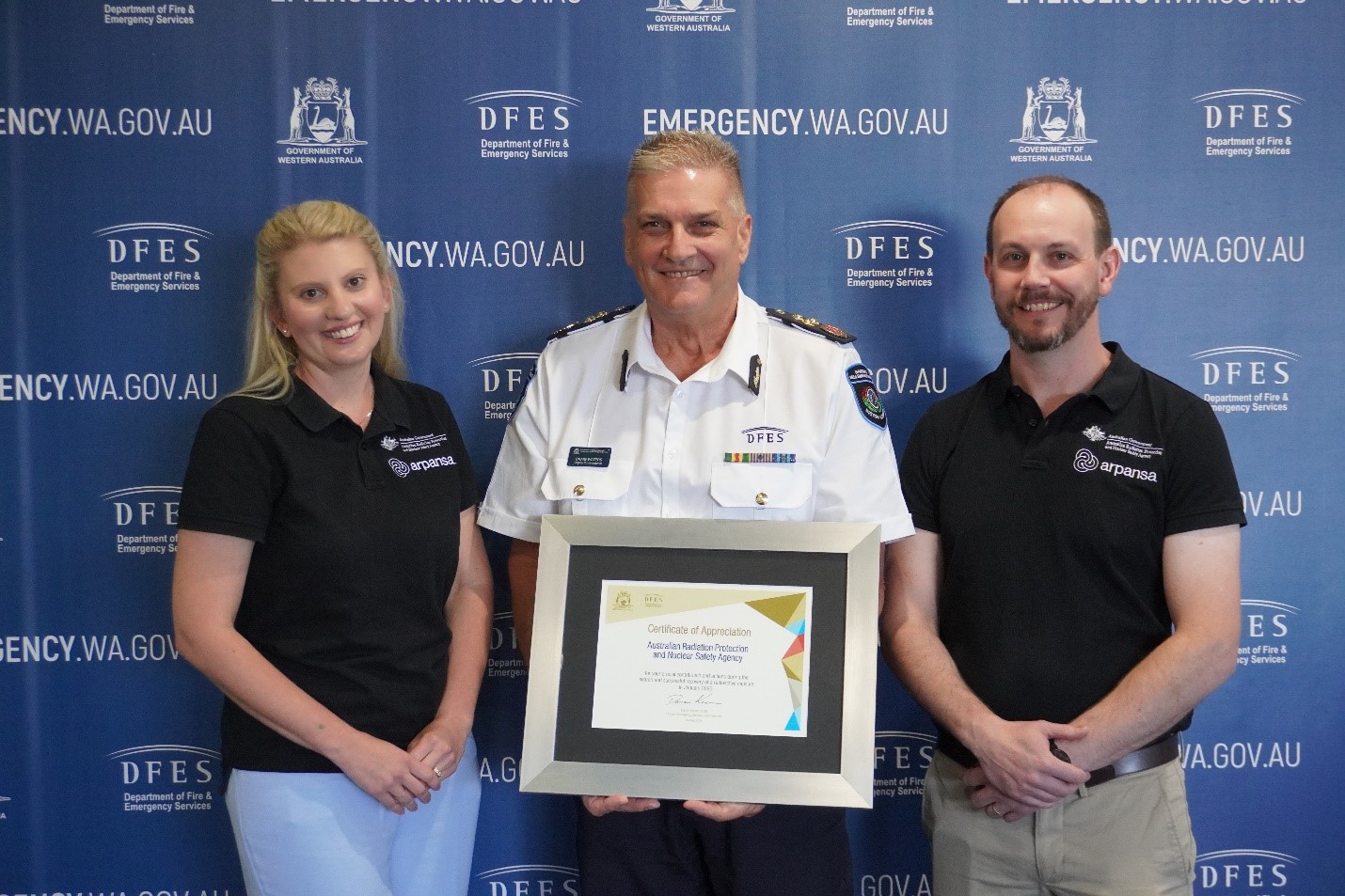
Sealing the source
Emergency preparedness staff and scientists at the Australian Radiation Protection and Nuclear Safety Agency (ARPANSA) were formally recognised for their work locating a lost radioactive source in Western Australia’s Pilbara region. -

Making UV visible - SunSmart Global UV app surpasses 360,000 downloads
The SunSmart Global UV app, which puts sun protection in people’s palms, is celebrating its one-year anniversary in Australia in February 2024.
